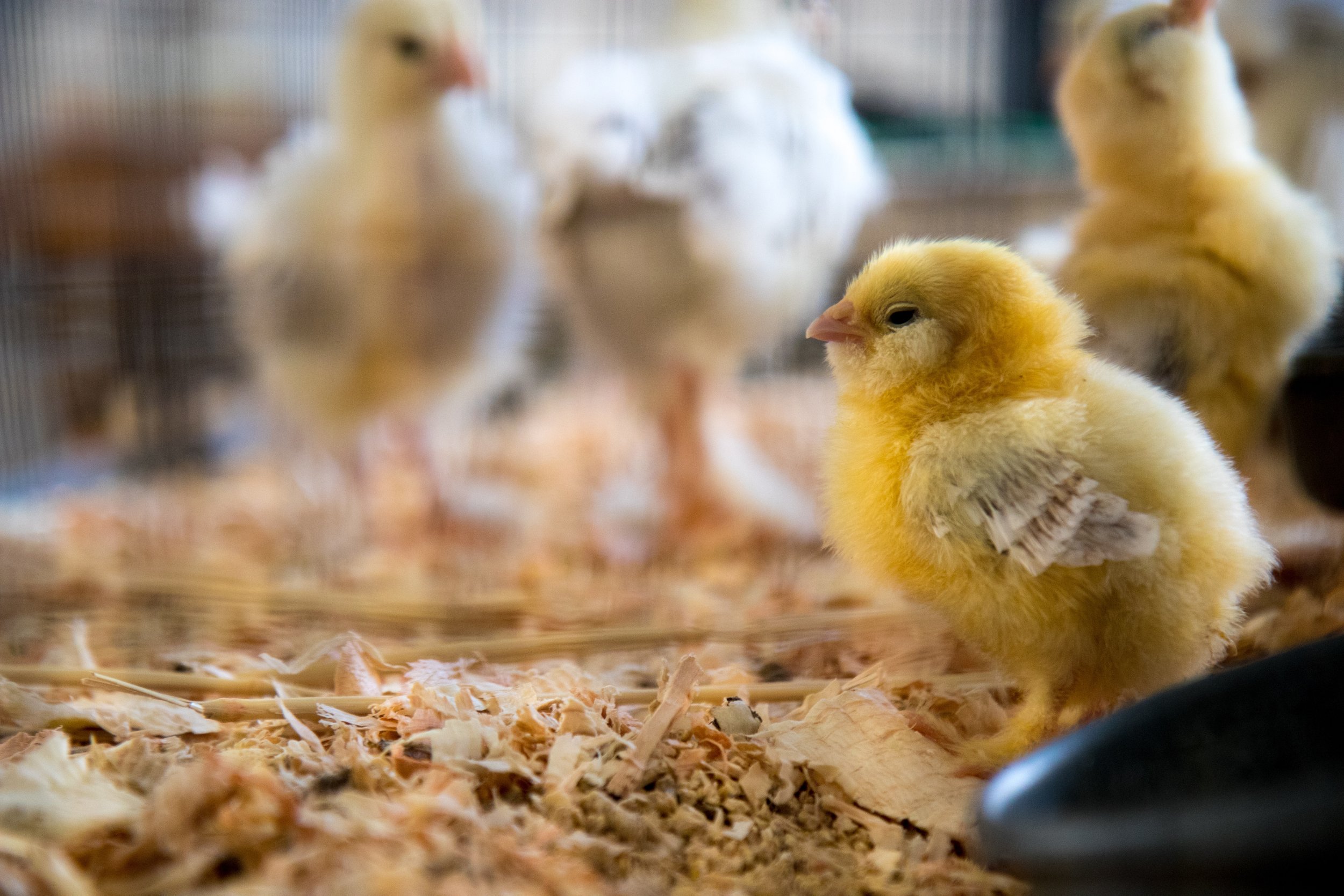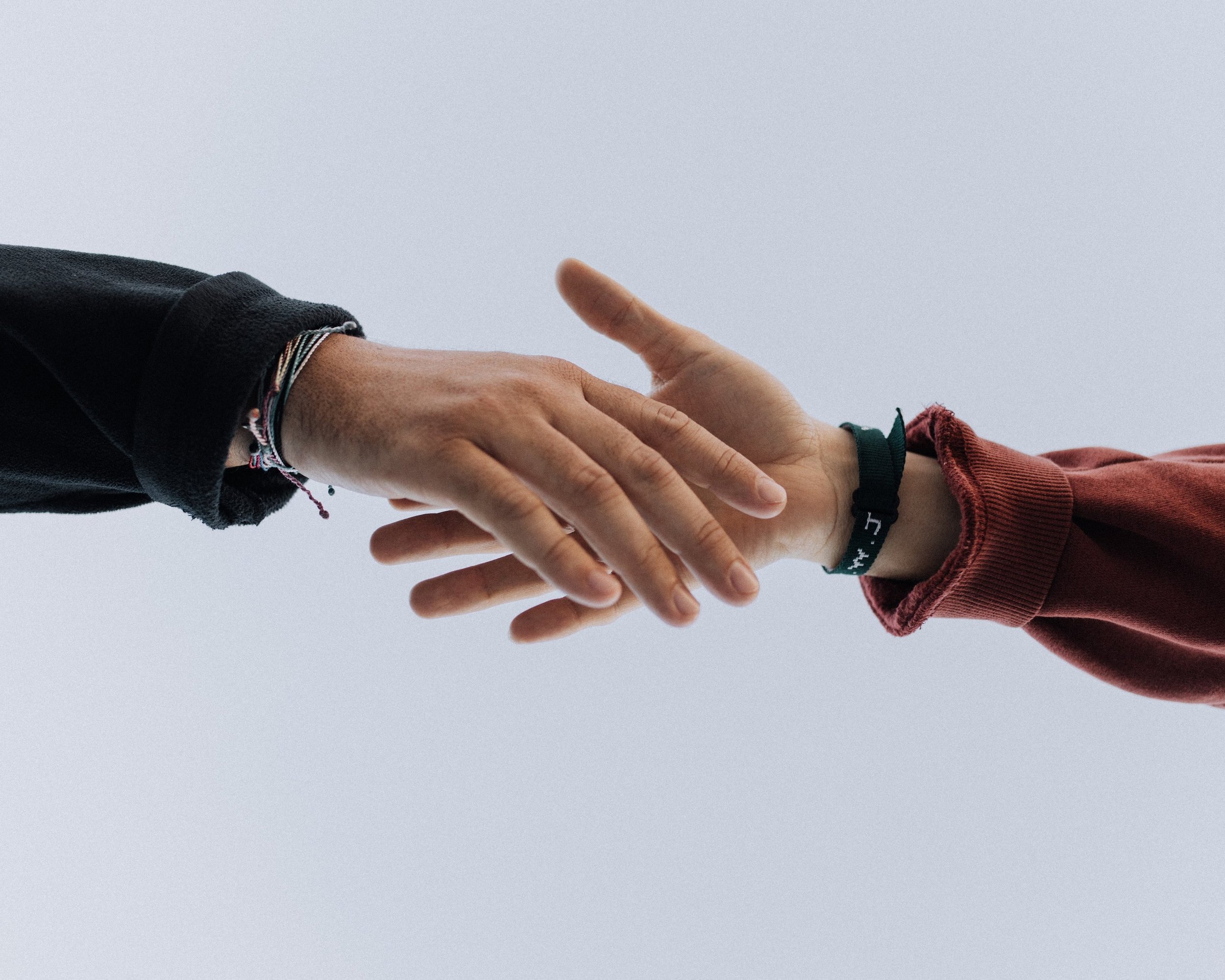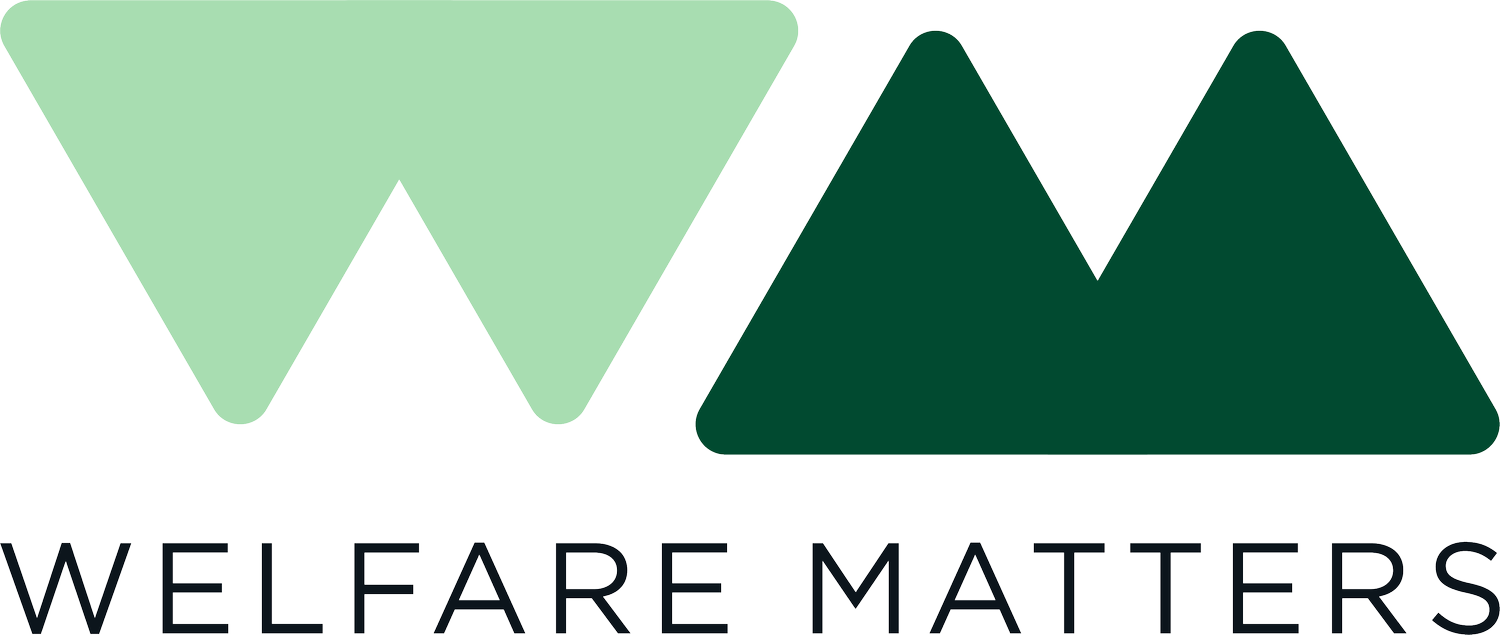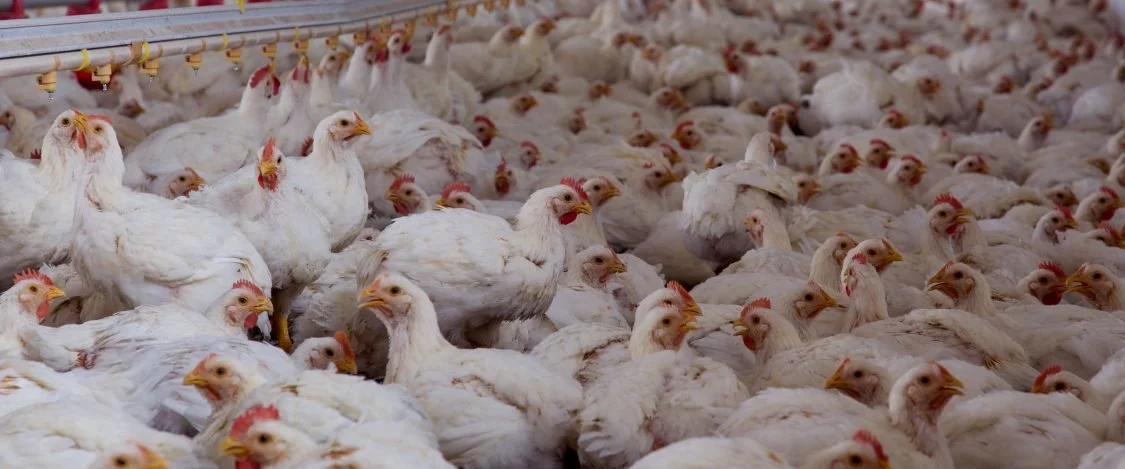
Farmed Animal Welfare Incubator (FAWI)
Seeking ambitious and dedicated individuals who are ready to start
new farmed animal welfare organisations in Southeast Asia.
incubator
in·cu·ba·tor ˈiŋ-kyə-ˌbā-tər ˈin-
: one that incubates: such as
noun
a: an apparatus by which eggs are hatched artificially
b: an apparatus with a chamber used to provide controlled environmental conditions especially for the cultivation of microorganisms or the care and protection of premature or sick babies
c: an organisation or place that aids the development of new business ventures especially by providing low-cost commercial space, management assistance, or shared services
Source: Merriam-Webster, https://www.merriam-webster.com/dictionary/incubator
Focus Areas
The Farmed Animal Welfare Incubator (FAWI) is dedicated to nurturing locally-based initiatives aimed at improving the welfare of intensively farmed animals in Southeast Asia.
Our current focus in this inaugural programme is on broiler chickens, pigs and ducks. These animals are increasingly raised in intensive farms across Southeast Asia, yet their welfare remains significantly overlooked within the food production system. We are on a mission to find more individuals in this region to help lead the change in addressing the welfare concerns of these animals, given how large the scale and how neglected these issues are – specifically in Indonesia, Thailand, Vietnam, the Philippines and Malaysia.
Broiler chickens
-
8.5 billion broiler chickens were farmed and killed in Southeast Asia (FAO stats, 2021).
-
Much more work can be done to improve the welfare of farmed broiler chickens in this region.
-
There are some potential interventions (e.g. Better Chicken Commitment) that can help improve the welfare of broiler chickens.
Chickens are the most farmed land animal globally, including in Southeast Asia where they greatly outnumber other land animals. The majority are raised in intensive systems and are likely to experience significant welfare concerns, such as heat stress and contact dermatitis. However, research shows that welfare improvements are achievable through changes in husbandry practices, including the reduction of stocking density and providing appropriate lighting and substrate. The use of fast-growing breeds and their many associated health issues is the biggest welfare concern of all. While broiler chicken welfare issues have already been highlighted in many other parts of the world, initiatives to address these concerns in Southeast Asia remain limited. Much more needs to be done to improve broiler chicken welfare, particularly in switching to raising slower-growing breeds and improving living environments.
Pigs
-
88 million pigs were farmed and killed in Southeast Asia (FAO stats, 2021). Vietnam is the second largest pork producer in Asia.
-
Much more work can be done to improve the welfare of farmed pigs, especially sows, in this region.
-
There are some potential interventions (e.g. group housing) that can help improve the welfare of farmed pigs.
The production and consumption of pig meat is significant in many parts of Southeast Asia; in fact, Vietnam is the second top pork producer in Asia. The animal agriculture industry in the region has been transitioning towards larger commercial operations to raise pigs, often adopting intensive systems with practices such as confining sows in gestation and farrowing crates – practices which are known to compromise welfare. Research has led to the creation of welfare standards for pigs which, if implemented, would improve pig welfare, particularly through use of group housing systems for sows and behavioural enrichment. There is an urgent need to look into ensuring some baseline welfare standards for farmed pigs in this region, especially for sows.
Ducks
-
267 million ducks were farmed and killed in Southeast Asia (FAO stats, 2021). Vietnam, Thailand and Malaysia are amongst the top 5 countries in duck production globally.
-
Barely any advocacy work is done to address ducks’ welfare in this region.
-
There is much research needed to understand what are the most effective welfare interventions for farmed ducks.
Ducks rank second only to chickens in terms of the number of land animals farmed for food in Southeast Asia. Vietnam, Thailand and Malaysia are among the world's top producers of duck meat and products. Despite its prominence, there is limited information available regarding duck farming and the welfare conditions for farmed ducks in this region. In commercial operations, ducks raised for meat may be confined in dry systems, such as barren pens without access to water, and layer ducks raised for eggs may be kept in battery-style cages. Further research is needed to paint an accurate picture of how ducks are commercially farmed in Southeast Asia. This would be helpful for understanding the most effective approach to increase their welfare, such as whether and how to ensure that these semi-aquatic birds have access to adequate sources of water and sufficient space to enable species-specific behaviours and enhance welfare.
What this programme provides
-
✺
6 weeks of online sessions – including speaker talks and task activities – to equip participants with the knowledge, tools and skills to start an impact-focused nonprofit.
-
✺
2 weeks of in-person workshops and activities that support the participants with strategy development for their new initiatives.
-
✺
Access to network connections in the regional and global farmed animal protection space, to aid the participants’ chance of success in the launch of their nonprofit initiatives.
-
✺
Guidance from mentors who have experience as nonprofit entrepreneurs, as well as leaders in the farmed animal welfare movement in Asia and internationally.
-
✺
Seed funding of up to ~USD50,000 for each successful project proposal (at the end of the programme).
-
✺
Project ideas for the nonprofit initiatives – based on research on the types of potentially impactful farmed animal welfare initiatives to launch.
-
✺
Stipends for the participants to cover living costs and travel funding for in-person events during the programme.
-
✺
Co-founder matching for each participant to launch the new initiative together.
-
✺
One year of continued support after the incubation programme and the launch of the projects.

Ready to make a meaningful difference?
Have you considered launching your own social impact project? Are you passionate about fostering a more ethical and compassionate food system? Based in Southeast Asia and concerned about the welfare of farmed animals?
If you're unsure where to begin, our incubation programme is here to guide you. Join us and embark on a journey where you can access the network and support that you need to make an impact.
FAQs
-
The Farmed Animal Welfare Incubator (FAWI) is a new programme in 2024 by Welfare Matters. This incubation programme is dedicated to establishing locally-based projects aimed at improving the welfare of intensively-farmed animals in Southeast Asia. The goal of FAWI is to catalyse impactful interventions that can significantly improve the lives of farmed animals through facilitating the development of early-stage projects related to this goal.
Through FAWI, we provide comprehensive support to passionate individuals committed to advancing farmed animal welfare. This support includes extensive training, mentorship, access to networks, seed funding, practical guidance and other resources. Leveraging evidence-based research, Welfare Matters offers insights into effective intervention strategies.
Our initial focus within Southeast Asia encompasses five key countries: Indonesia, Malaysia, the Philippines, Thailand, and Vietnam. For our pilot programme, we are targeting broiler chickens, ducks, and pigs — some of the most farmed land animals in this region.
Through FAWI, we aim to empower local communities and drive meaningful change in the lives of farmed animals, ultimately contributing to a more compassionate and sustainable future.
-
The 8-week incubation programme will start in late July / early August 2024 and run until the end of September.
There will also be a preparatory period before the programme officially starts. Confirmed participants will be required to engage in weekly online sessions and complete some background reading tasks in the month before the incubation programme officially begins.
-
The 8-week incubation programme follows a structured format designed to provide participants with comprehensive support and guidance as they develop their initiatives. Most of the programme will be conducted online.
Throughout the programme, participants will engage in a variety of activities and learning opportunities tailored to accelerate the growth and success of their projects. This includes workshops, hands-on exercises, guidance in proposal writing and project development, and interactive sessions with animal welfare experts, organisation leaders and mentors.
During the 8 weeks, participants will have the opportunity for in-person networking, enabling them to meet other participants, to exchange insights and get to know each other. The programme is carefully crafted to maximise learning, collaboration, and progress towards creating impactful solutions in the realm of farmed animal welfare.
-
The programme will be conducted entirely in English. Participants must have a strong command of both spoken and written English.
Ideally, the incubatees will also have a good command of the local language(s) of the country in which they will be starting their project.
-
We welcome individuals who are from or based in Indonesia, Malaysia, Thailand, the Philippines and Vietnam and who meet the following criteria:
Commitment to farmed animal welfare: We seek individuals who are deeply committed to advancing the welfare of farmed animals in Southeast Asia.
Highly motivated and self-driven: Candidates should be highly motivated to conceive, launch and manage a farmed animal welfare initiative in the region.
Full-time dedication: Applicants should be prepared to devote themselves full-time to the programme, and be prepared to take time away from their current employment.
Impact driven: We value an evidence-based and impact-oriented mindset and seek those who are open-minded and receptive to feedback, and willing to adapt their approaches in addressing farmed animal advocacy challenges. Project proposals should be centred on evidence-backed interventions which have the potential to have a significant positive impact on a large number of animals.
Collaborative spirit: The incubatees need to be open to finding and collaborating with a co-founder from this programme.
Long-term commitment: Applicants should be prepared to commit at least one year to launch and implement their initiative, with the potential of developing it into an impactful long-term project.
Cultural awareness and sensitivity: A good understanding of the local culture and dynamics of the country in which the new initiative will be launched is advantageous.
Additionally, proficiency in spoken and written English is essential, as the programme is conducted entirely in English, and reference materials are provided in English. No prior experience is required; we welcome candidates from diverse backgrounds and expertise.
-
We would still like to hear from you if you feel you may be a good fit for the programme but do not meet this particular criterion. Although our priority is to find local people who can start “on-the-ground” projects in this region, we will still consider applicants not currently based in these countries who have a strong interest, skills and background, and then evaluate accordingly.
Do note that such applicants, if accepted onto the programme, will need to be available to relocate to or travel frequently to the country in which their project is based, and to be able to work with a co-founder who is based in that country.
-
Participants should anticipate dedicating themselves to the main 8-week programme with a commitment similar to that of a full-time job.
Prior to the programme commencement, participants are required to allocate ample time to study a designated set of core reading materials (we anticipate around a month). There will also be weekly on-line check-in sessions during this pre-programme period.
Upon completing the incubation programme, incubatees who are successful with a proposal and seed grant should be ready to commit to working on their new project on a full-time basis for at least a year.
-
Applications will open in early April 2024.
The application process for the incubation programme consists of five stages designed to select the most promising candidates:
Application Form: The first step involves completing the application form, which provides essential information about your background, experience, and motivation.
First Interview: Selected candidates will then be invited to participate in an interview. These interviews serve to understand more about the applicant and assess the fit for the programme.
Test Tasks: Shortlisted applicants from the first interviews will proceed to undertake test tasks. These tasks aim to evaluate candidates' skills and capabilities.
Second Interview: Based on the results of these tasks, candidates may be called for a final interview. This interview allows for further discussion of the details of the programme, clarifications to be made, and assessment of overall fit for the programme.
Notification of Selection: Successful candidates will be notified of their selection for the incubation programme by the end of June 2024.
We encourage all those who are interested to keep checking our website and newsletter announcements for specific application dates and further details on the process.
There is no application fee — the programme is provided completely free of charge.
Last updated: 22 Mar 2024
We will continue to update this FAQ list with more information.
If you have any questions about the programme, you can reach out to us at fawi@welfarematters.org.



